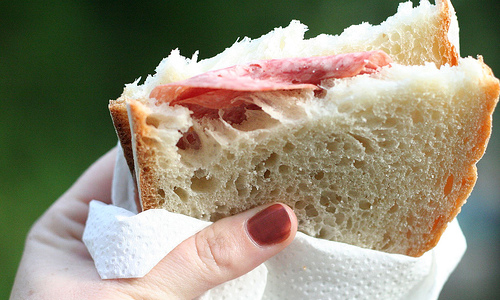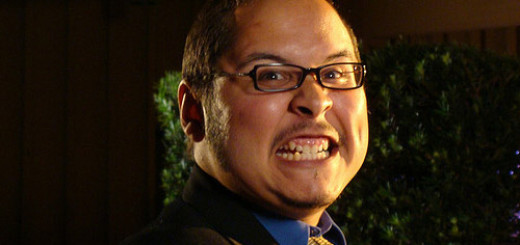What Is Emotional Eating?

Obesity is a common problem these days. The number of people suffering from obesity is growing at an alarming rate. One of the reasons why people tend to put on weight is because they have a tendency to eat more than their body’s requirement. Not always do obese people eat excess because they feel extremely hungry. Many a times, they eat because they feel so stressed that they think food is the only way out to forget the stress. At such times, when a person’s eating habits are determined by his emotions and not his hunger pangs, it is called emotional eating.
Emotional eaters usually eat in large portions or binge quite often because they feel, when they engage themselves in eating, they will be able to forget their problems. Of course, any rational person can tell that eating cannot be a solution to a problem. Even, emotional eaters understand that. But, when they feel emotionally upset, they are unable to control their impulses and they end up eating too much food.
A person whose emotions dictate his/her eating habits, meaning when he/she eats and how much, usually prefers fattening foods and stuff that is extremely sweet or salty. When feeling stressed, they do not turn to healthy foods like whole grains or fruits. This is because junk food or comfort food, as it is rightly called, tends to pamper the taste buds and keeps the sad feeling at bay. Hence, when feeling depressed, emotional eaters usually run to their crisper drawers and pull out a pack of potato chips or a chocolate bar to get back to normal.
Research reveals, people become emotional eaters when they become victims of boredom, stress, depression, loneliness, frustration, chronic anger or anxiety. These people are usually the ones who have a relatively low self-esteem or have problems with interpersonal relationships. When they have nothing else to resort to, they turn to emotional eating. Most of the times, they overeat or binge after facing an emotionally challenging situation. For example, if someone, who is an emotional eater, has had an argument with his/her spouse, he/she would try to pacify himself/herself by eating lots and lots of food. This gradually becomes a habit and this is how, emotional eaters tend to put on excess weight. Although, emotional eating is one of the reasons why numerous people become overweight, it doesn’t mean that someone who is overweight has to be an emotional eater.
Just as obesity, emotional eating can also be curbed. By following healthy ways and eating the right things, an emotional eater can lead a normal life. Emotional eating is more about the feeling than about hunger pangs. Hence, a counseling psychologist could provide a better solution than a dietitian.





